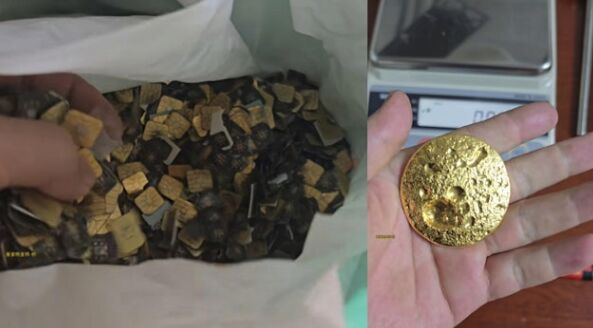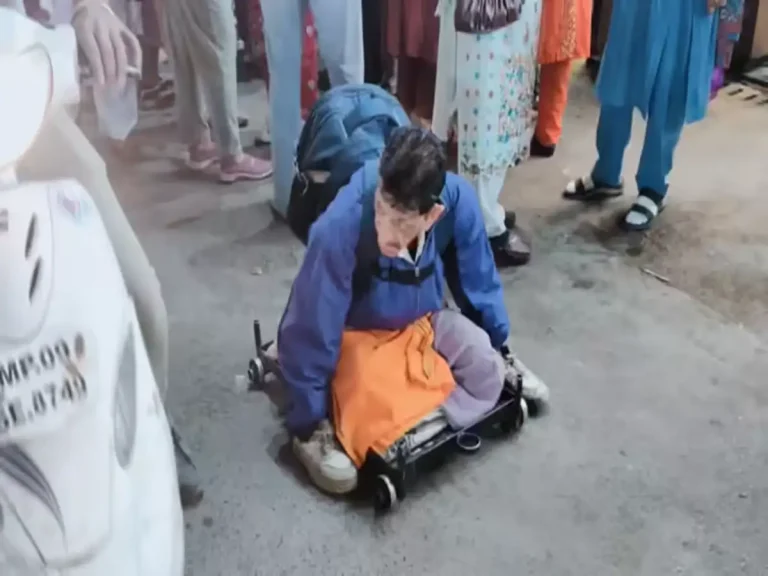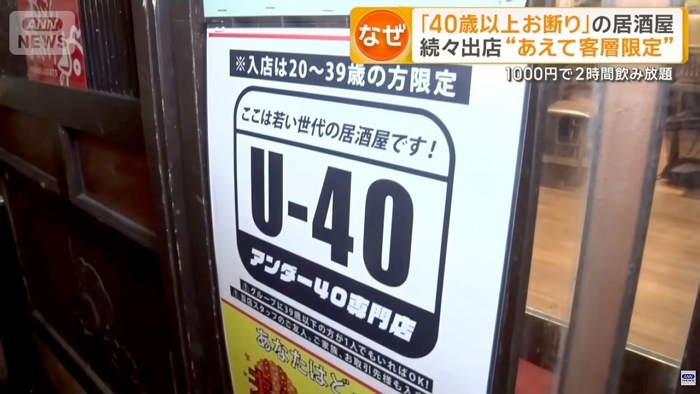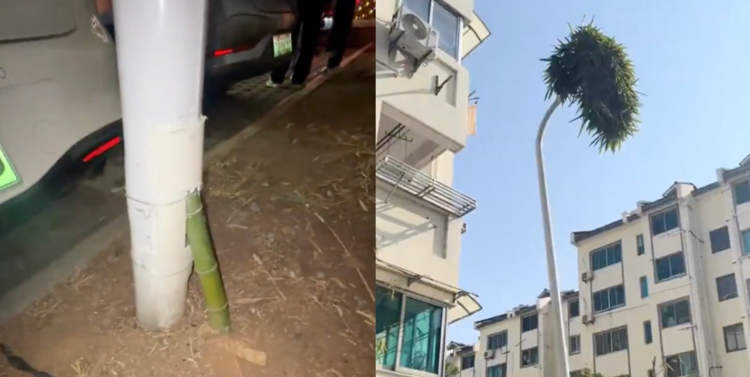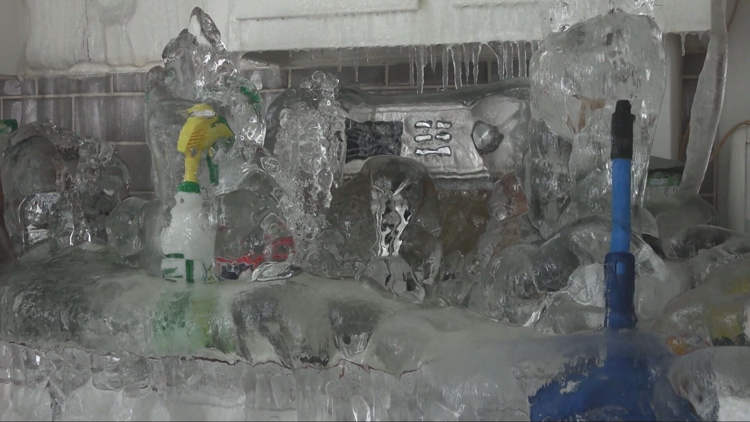Australian supermarket chain Drakes recently started a trial of putting GPS locators on expensive meats in order to reduce losses caused by shoplifting.
A South Australian supermarket chain has become so exasperated with meat shoplifting that it is currently trialing a security system that involves putting cuts of expensive meat into transparent cases fitted with GPS locators that allow the product to be tracked. The polpolycarbonate cases are usually used to prevent theft of high-priced items in supermarkets, but Drakes is the first in Australia to use them on meat. Technically, high-quality meat like Wagyu qualifies as a luxury product, so Drakes believes the security measure is justified.
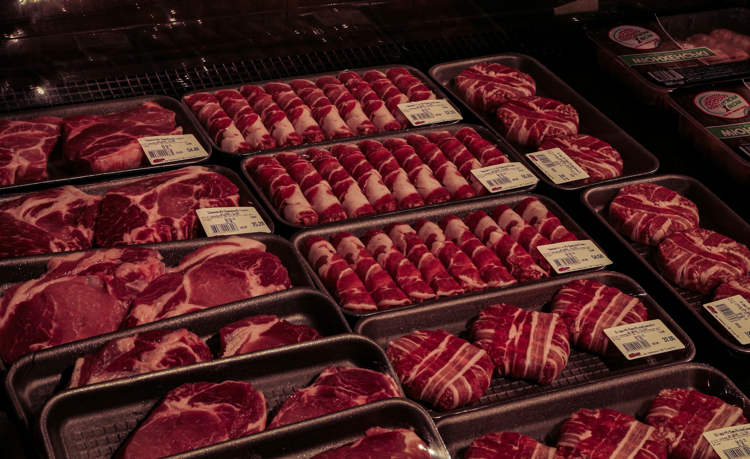
Photo: Mary Winchester/Unsplash
“The containers cost $35 so, every time we get one of these containers, we have to pay $35 and it just adds up, it’s like having security 24/7,” director John-Paul Drake told ABC News. “We’re talking about meat that ranges from $50 to $100 per kilo, so it is the highest-end meat that we have.”
Drakes claims $12 million worth of meat is stolen from its network of 67 supermarkets in South Australia and Queensland every year, and the company hopes that the new GPS locators will help cut that loss significantly. The Australian chain is currently three weeks into a 13-week trial run, and if the meat cases prove successful, it plans to expand its implementation throughout Australia.
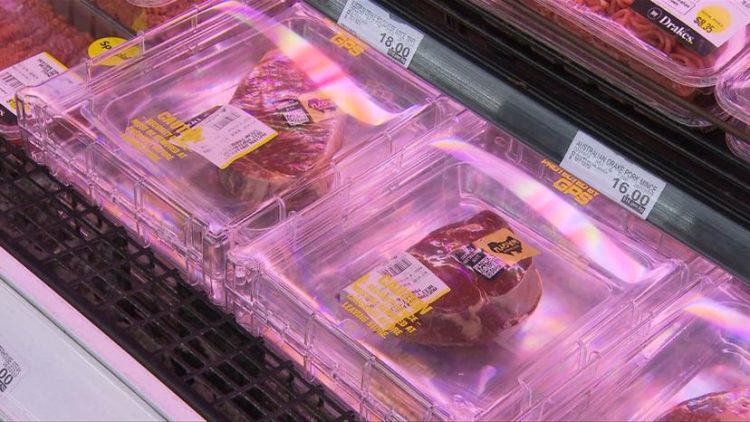
Photo: 7News
The polycarbonate containers don’t look particularly sturdy, but according to John-Paul Drake, they require considerable force to break or force open. It’s a lot easier to just pay for the product and have it removed at checkout.
Although the current cost-of-living crisis sweeping the world has contributed to the increase in shoplifting incidents, Drakes believes that its expensive meat is often targeted by criminals who then sell it for drugs and other goods.
GPS-tracked cuts of meat, who would have thought that would be a thing, right?






